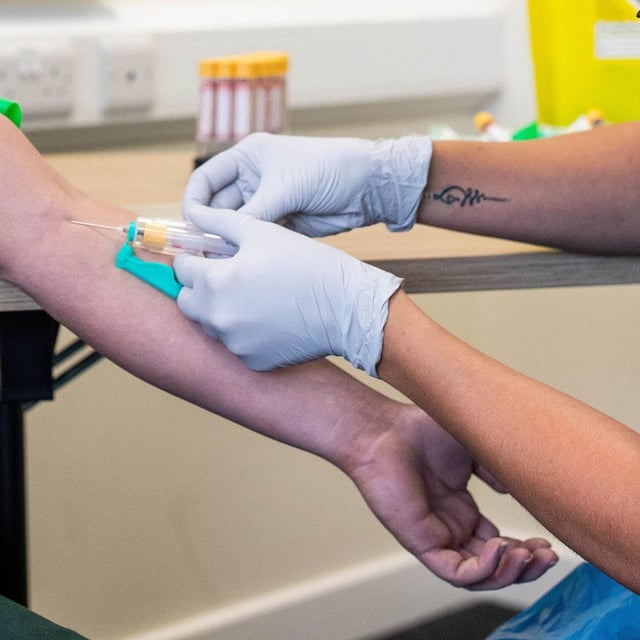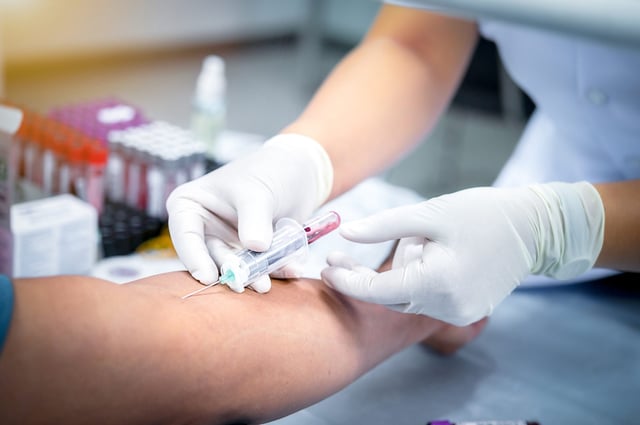Overview
- The peer-reviewed study, published in the Journal of Translational Medicine, used Oxford BioDynamics’ EpiSwitch 3D genomics platform to detect epigenetic DNA-folding patterns linked to the illness.
- In a cohort of 47 people with severe disease and 61 healthy controls, the model reported 92% sensitivity and 98% specificity, equating to about 96% overall accuracy.
- Independent scientists highlighted key limitations, including the small sample, lack of disease-control groups, potential confounding by age, sex and sample source, and the focus on severe, largely housebound cases.
- Researchers say the signatures align with immune and inflammation pathways and could guide future research, including the development of diagnostics for long Covid.
- Oxford BioDynamics co-authored and funded the work, and commentators noted any future test would require multi-centre replication and could cost around £1,000 if eventually adopted.



